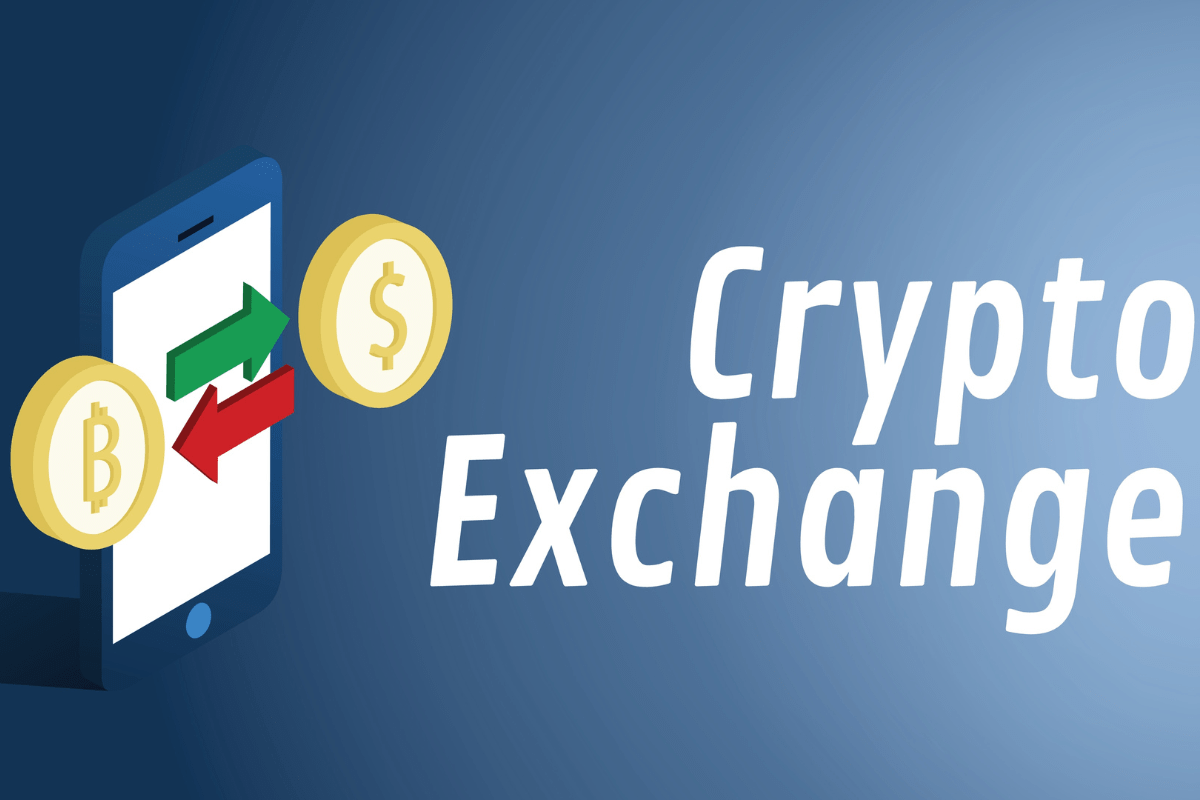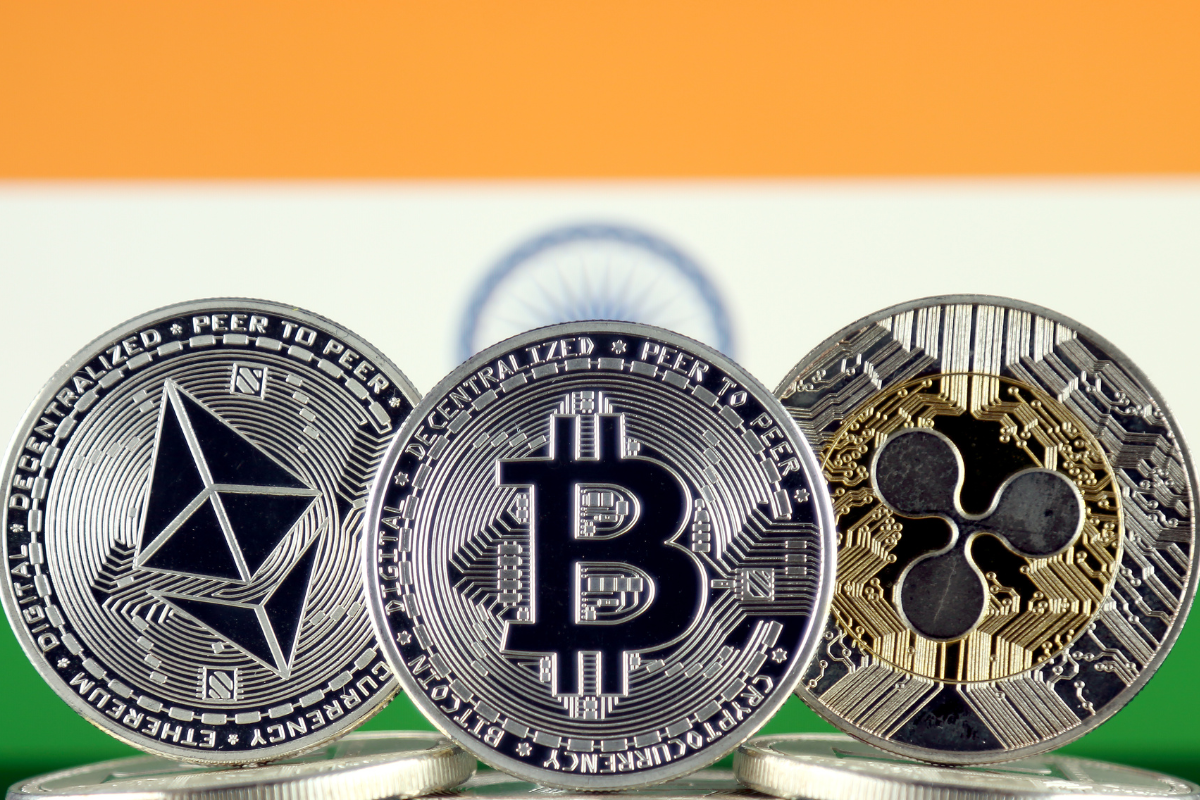
The attitude of the Indian government towards cryptocurrencies is changing for the better. However, some issues need to be addressed to ensure that crypto exchanges become more popular in the future. As a large country, India still needs to walk a lot more to mainstream cryptos. Therefore, in this article, the specific challenges shall be discussed briefly.
The Indian government, unlike many of its neighbors, has not banned cryptocurrency or exchanges. However, it seems to ignore the blockchain cryptocurrency which is one of the biggest revolutions in the modern world. The Reserve Bank of India, till a few years ago was restricting banking access to crypto exchanges. At that time, the bank justified these measures by saying that they were concerned about terror financing, consumer protection, and money laundering. However, the good news is that this indirect banning of cryptocurrency was challenged in the Supreme Court. Finally, the ban was lifted in March 2020 and these restrictions were deemed as unconstitutional. So, there is renewed interest in the field of cryptocurrencies in India.
In India, the number of trades for cryptocurrencies is increasing. There are crypto trading platforms in India such as YaCrypto that support all major cryptocurrencies including Ethereum and Bitcoin. This indicates that the masses in India are supportive of crypto exchanges. The technical challenge in India is not unique because business cannot be restricted or controlled by authorities. The concern of the Indian government is that there needs to be some solutions for overcoming technical challenges mainly centering around security. The technical challenges if left unresolved may lead to cyber attacks, Ponzi plans, and poor power utilization. This can be resolved positively by ensuring that new technologies are created where brokerage prices are low. Some forms of centralized exchanges can also overcome technical challenges.
Crypto exchange in India faces a socio-economic challenge too. Indian users often feel a bit skeptical about cryptocurrencies because of volatility. Many of them have a risk-averse attitude towards finance. However, this attitude can be changed by strengthening the customer support ecosystem in different languages. The initial reluctance towards cryptos can be overcome by making the masses aware of the benefits of blockchain technology. For this to materialize, the government and the crypto community need to cooperate.
The Indian government no longer wants to ban cryptocurrencies. In the recently held G20 meeting, the Indian Finance Minister supported a regulatory framework while dealing with crypto assets. The government seems to support a synthesis paper prepared by the FSB and IMF on regulating crypto assets. This is in line with the international push for clearer policies on crypto assets.
The Indian economy is in good shape and is recovering rapidly after the pandemic. The crypto exchange in India is on the booming stage. Therefore, this promises a lot of employment opportunities for the country. The currency market is maturing and many large investors in India are parking their money in them.
The Indian cryptocurrency market promises a bright future and is projected to reach over $222.70 million by the end of this year. Since developing countries like India have some restrictions on traditional banking infrastructure, cryptocurrencies can provide an alternate currency to the country.
The crypto exchange in India is facing some challenges in India. However, as the trends suggest, the challenges will be overcome soon. The country offers more opportunities rather than challenges to the crypto market. The softening attitude of the Indian government towards cryptocurrencies indicates that a lot of positive things are going to happen. Once blockchain technology’s openness, security, and safety features become popular, Indians are likely to accept cryptocurrencies wholeheartedly.




Leave a Reply
You must be logged in to post a comment.